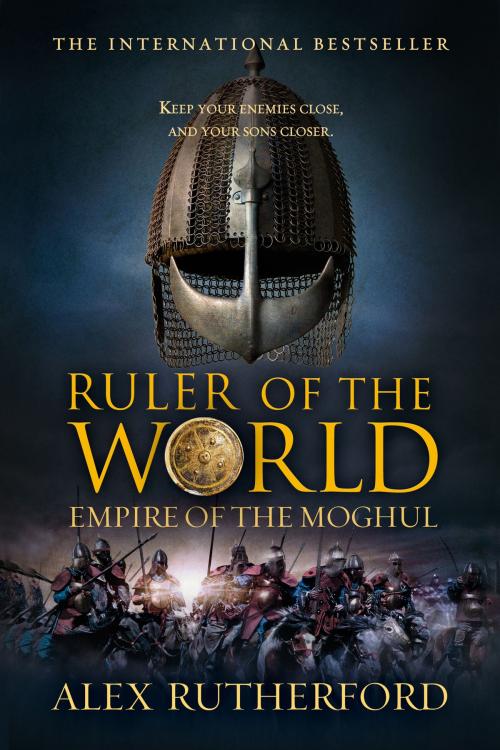| Author: | Alex Rutherford | ISBN: | 9781250015082 |
| Publisher: | St. Martin's Press | Publication: | July 3, 2012 |
| Imprint: | Thomas Dunne Books | Language: | English |
| Author: | Alex Rutherford |
| ISBN: | 9781250015082 |
| Publisher: | St. Martin's Press |
| Publication: | July 3, 2012 |
| Imprint: | Thomas Dunne Books |
| Language: | English |
Alex Rutherford's internationally bestselling series continues with the story of the third great Moghul emperor, Akbar, leader of a triumphant dynasty that contained the seeds of its own destruction.
Akbar, ruler of a sixth of the world's people, colossally rich and utterly ruthless, was a contemporary of Elizabeth I, but infinitely more powerful. He extended his empire over much of Asia, skillfully commanding tens of thousands of men, elephants, and innovative technology. And despite the unimaginable bloodshed that resulted from it, his rule was based on universal religious tolerance.
However, Akbar's home life was more complicated. He defied family, nobles, and mullahs to marry a beautiful Rajput princess, whose people he had conquered; but she hated Akbar and turned Salim, his eldest son, against him. What's more, as any Moghul prince could inherit his father's crown and become emperor, his sons were brought up to be intensely competitive and suspicious of each other: to see each other as rivals for the greatest prize of all. And, as Salim grew to manhood, the relationship between father and son became tainted by rebellion and competition to be the greatest Moghul of them all.
Alex Rutherford's internationally bestselling series continues with the story of the third great Moghul emperor, Akbar, leader of a triumphant dynasty that contained the seeds of its own destruction.
Akbar, ruler of a sixth of the world's people, colossally rich and utterly ruthless, was a contemporary of Elizabeth I, but infinitely more powerful. He extended his empire over much of Asia, skillfully commanding tens of thousands of men, elephants, and innovative technology. And despite the unimaginable bloodshed that resulted from it, his rule was based on universal religious tolerance.
However, Akbar's home life was more complicated. He defied family, nobles, and mullahs to marry a beautiful Rajput princess, whose people he had conquered; but she hated Akbar and turned Salim, his eldest son, against him. What's more, as any Moghul prince could inherit his father's crown and become emperor, his sons were brought up to be intensely competitive and suspicious of each other: to see each other as rivals for the greatest prize of all. And, as Salim grew to manhood, the relationship between father and son became tainted by rebellion and competition to be the greatest Moghul of them all.















